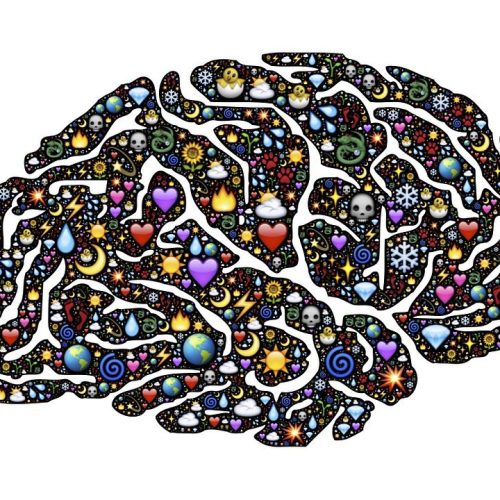The philosophical movement is highly represented by the Martin Heidegger's existentialist theory, a controversial German philosopher famous for being one of the leading exponents of this movement and for developing an idealistic concept of "being". This author is mainly associated with other exponents of the 19th and 20th centuries.
What is existentialism has had a particular influence on the movement of humanistic psychology. Over the years it has become a positive psychology and has been very well represented by philosophers such as Carl Rogers and Abraham Maslow..
Most important approaches of the existentialist theory of Martin Heidegger
This philosophical essay article, will touch on the main aspects of the Martin Heidegger's existentialist theory; de qué se trataba su planteamiento y como su obra influyo en la filosofía existencialista.
In the philosophical current of existentialism, many thinkers have stood out, no solo Martin Heidegger. But all of them have been characterized by having in common their interest in human existentialism, focusing specifically on the search for an authentic and unique philosophy of life.
Where the most important approach that each one had, especially Heidegger in his theory, was the importance of each individual having their own freedom of thought. And despite the fact that this philosopher denied his connection with the existentialist current, his works and his proposal clearly focus on her.
When did Heidegger's start?
El interés de Heidegger por las ideas existencialistas comenzó en la década de 1920 cuando se encontraba trabajando como profesor de filosofía en la universidad de Marburg y tiempo después en la de Freiburg, He started with talks and in the end he developed his book where he highlighted his theory on existentiality.
The work that this philosopher stands out the most was "being and time", publicada en 1927 y en donde el autor se basa en responder el significado de lo que realmente es “ser”, in which existentiality resides and what are its fundamental characteristics. Thanks to this, Heidegger recovers a point that had been lost since the classical period by philosophy.
The Heidegger's existentialist theory
Heidegger proposes in his book that each individual should ask himself the question of who he is, since this is an impossible matter to separate from people for a while or under any type of circumstances; on the contrary, each person must have a clear idea of who they really are.
Other authors prior to Heidegger thought that each person is a thinker isolated from the world around him.. While this author, unlike the others, raised in his theory that the thoughts of each individual are part of the world, so it is impossible to lead a life lacking in authenticity.
in a better concept, the existence of each one is not voluntary, nor own. We are all thrown into the world and each one of us knows that it is inevitable that life will end at any moment.; It's something that no one has the power to master.
It is these facts and the acceptance of them that allow us to understand that we are simply a part of the world.; it also gives us the opportunity to give meaning to life. The Heidegger's existentialist theory describes it as the project of being-in-the-world.
interests the Heidegger
Over time, Heidegger's interests turned to different topics., where he was able to highlight the importance of language as a tool that allows understanding the development of the world. I also investigate the relationship between art and truth.
He was also a critic of irresponsibility and the contemptuous and carefree attitude that exists in Western countries with respect to nature and its proper care..


